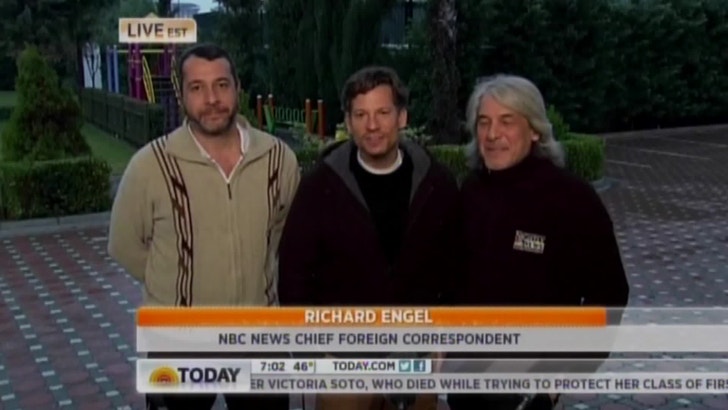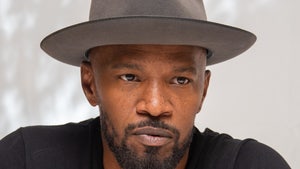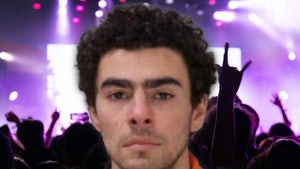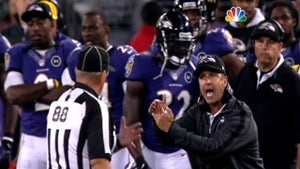NBC's Handsome Middle East Reporter Richard Engel -- I Was Kidnapped in Syria ... I Escaped During Gun Battle
Handsome Middle East Reporter I Was Kidnapped in Syria, Escaped During Gun Battle

Richard Engel -- NBC News' chief foreign correspondent -- is alive and well ... but just barely ... after being held hostage by masked gunmen in Syria for several days.
Engel was reporting on the conflict in Syria earlier this month when he and his crew suddenly went missing. But after several days of radio silence ... the team surfaced ... and appeared on "Today" this morning to explain how they were abducted and exposed to psychological torture by their captors.
"We were driving in Syria ... as we were moving down the road, a group of gunmen literally jumped out of the trees and bushes on the side of the road," Engel explained.
Engel and his team -- who are now in Turkey -- continued, "There were probably 15 gunmen. They were wearing ski masks. They were heavily armed. They dragged us out of the car. They had a container truck waiting by the side of the road. They put us in that container truck. We were with some gunmen, some rebels who escorted us. They executed one of them on the spot. They took us to a series of safe houses and interrogation places and they kept us blindfolded and bound."
"We weren’t physically beaten or tortured. A lot of psychological torture, threats of being killed. They made us choose which one of us would be shot first, and when we refused, they were mock shooting, they pretended to shoot Gazi (cameraman) several times and when you’re blindfolded and then they fired the gun up in the air. It can be a very traumatic experience."
As for how they escaped, Engel explained ... they were being transported in a minivan, when their kidnappers came across a rebel checkpoint and a gun battle ensued. During the firefight, two of the kidnappers were killed.
"We climbed out of the vehicle and the rebels took us," Engel said ... "We spent the night with them. We didn’t get much sleep and we came right here. And we still have the bandages in our pockets, the clothes we were wearing."








